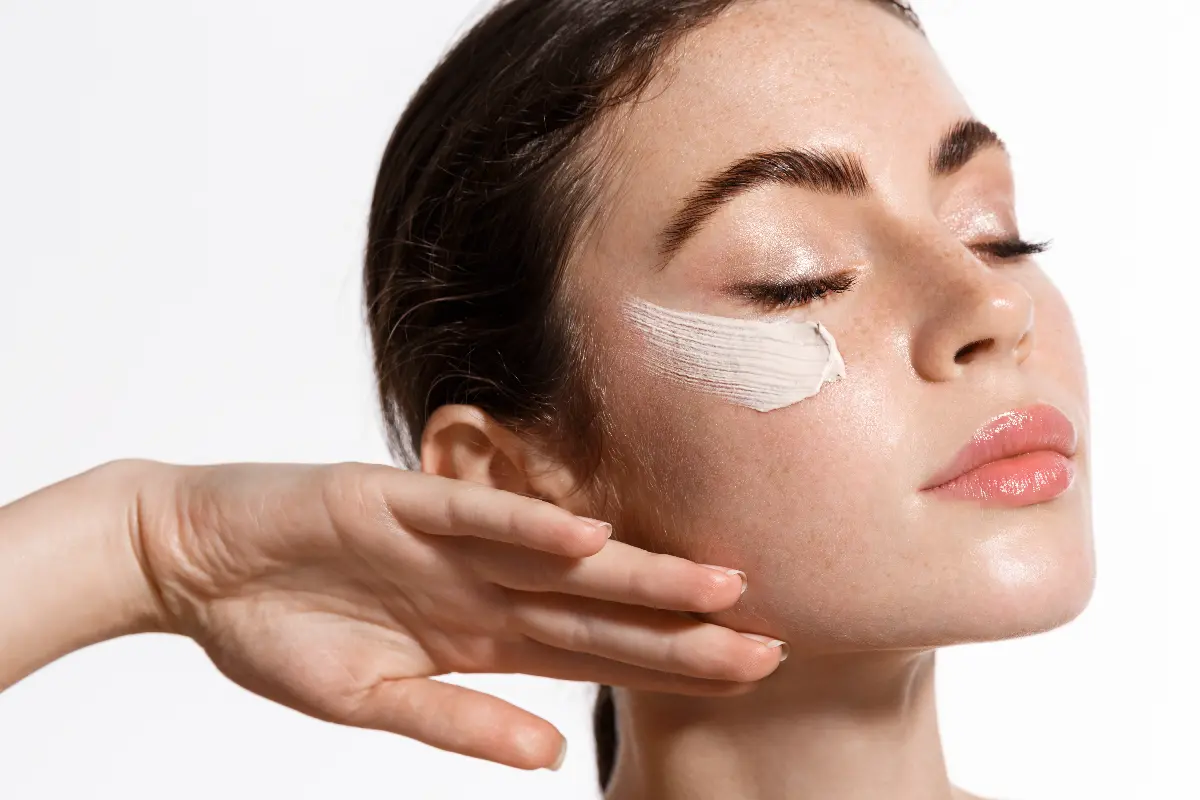As the mercury soars and the sun blazes down upon us, our skin begs for refuge from the scorching heat. The dog days of summer not only beckon for seaside escapades and picnics in the park but also demand a diligent skincare routine that shields the body's largest organ from the fiercest of rays.

Understanding the impact of high temperatures on your skin is the first step towards protection. Heat can increase blood flow and cause perspiration, which may lead to skin irritation, dehydration, and exacerbate existing conditions such as rosacea or eczema. Moreover, extended exposure to UV rays can cause premature aging, sunburns, and heighten the risk of skin cancer. Thus, adopting effective strategies for shielding your skin during hot weather is not only a matter of beauty but of health as well.
The cornerstone of skin protection is, undoubtedly, sunscreen. The rigorous application of a broad-spectrum sunscreen with a minimum SPF of 30 is an absolute must. It shields the skin from UVA rays, which lead to aging and contribute to the risk of skin cancer, as well as from UVB rays, which are responsible for sunburn. Remember to reapply every two hours, or immediately after swimming or excessive sweating, to maintain optimal protection. Don't neglect areas such as the lips, the tips of the ears, and the back of the neck, which are often overlooked and prone to sun damage.
But sunscreen alone doesn’t complete the safeguarding blueprint. Physical barriers such as wide-brimmed hats, long-sleeved shirts, and pants made from tight-weave fabrics offer another layer of defense. Ultraviolet Protection Factor (UPF) clothing is also available, specially designed to block the penetration of UV rays through fabric. Such garments are rated with a UPF number; the higher the number, the greater the UV protection offered.
The sun is strongest between 10 a.m. and 4 p.m., so it is advisable to seek shade during these peak hours. However, when you do venture into the sun, consider using sunglasses with 100% UV protection to safeguard your eyes and the delicate skin around them. Often overlooked, this area can show early signs of photoaging and damage.
Another critical aspect of skin protection during hot weather is staying hydrated. High temperatures and increased sweating can lead to dehydration, resulting in dry and lackluster skin. Drinking plenty of water throughout the day is essential. Incorporating water-rich foods like cucumbers, tomatoes, and watermelon into your diet can also contribute to your daily hydration needs and provide skin-soothing antioxidants.
Speaking of diet, the nutrients you intake can considerably influence your skin's resilience to heat and sun. Natural sources of vitamins C and E, found in fruits like oranges and almonds, can enhance your skin's UV-defense mechanisms when combined with sunscreen. Omega-3 fatty acids, present in fish, walnuts, and flaxseeds, are known to combat inflammation and could help reduce the skin's sensitivity to UV rays.
The cleansing of your skin also calls for special attention during the hot weather. The combination of sweat and sunscreen can clog pores and lead to breakouts. Gentle, non-comedogenic cleansers can help remove impurities while preserving the skin’s barrier. Exfoliating once or twice a week can also assist in sloughing off dead skin cells and improve skin health, but be cautious of over-exfoliation, as it may leave the skin vulnerable to damage.
While most people favor a sun-kissed glow, it's important to understand the risks associated with tanning. Artificial tanning through sunbeds is a definite no-go, as their concentrated UV output can be more harmful than direct sunlight. If you desire a bronzed look, consider using self-tanning products or spray-tans which offer a safer alternative without the UV damage.
In case of overexposure to the sun, it’s crucial to treat the skin gently and promptly. Cooling aloe vera gels and lotions containing hyaluronic acid can soothe and hydrate sunburned skin, aiding in the recovery process. Taking cool showers and wearing loose, soft clothing can also provide relief and prevent further skin irritation.
Regular skincare check-ups with a dermatologist can ensure your skin remains in peak condition, and any concerns are addressed early on. Skin cancer screenings are particularly essential as early detection play a crucial role in successful treatment.
The key to effective skin protection is consistency and a holistic approach. By combining SPF use with physical barriers, seeking shade, staying hydrated, eating a skin-friendly diet, exercising proper cleansing, avoiding artificial tanning, and treating sunburns with care, your skin can remain vibrant and healthy, despite the summer’s sweltering heat. Embrace these strategies, not only to preserve your aesthetics but to ensure the enduring vitality and well-being of your skin.
